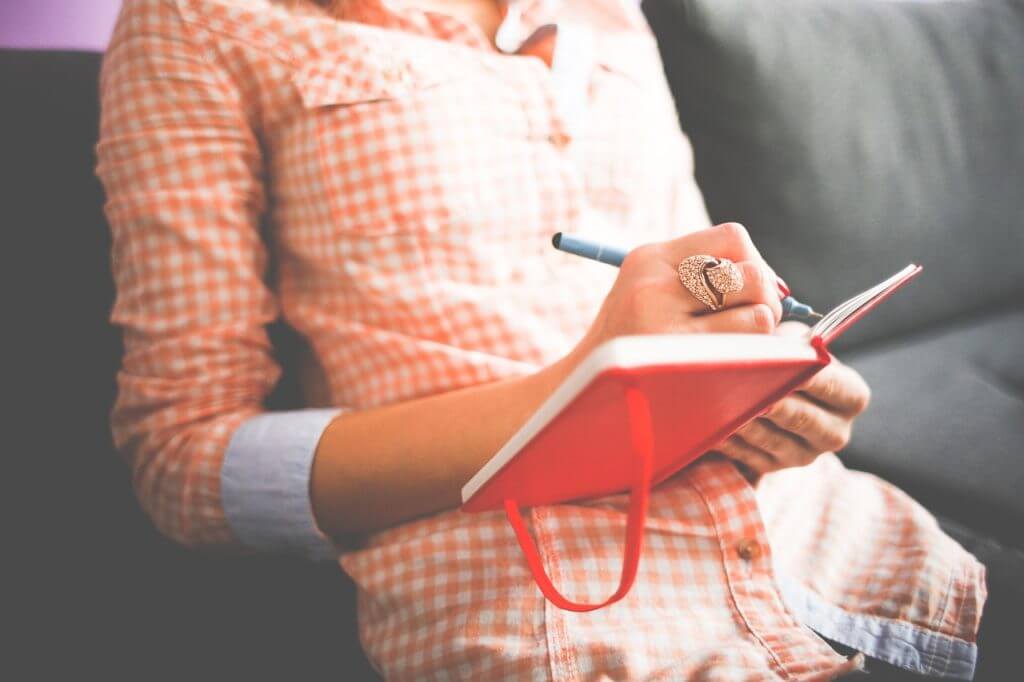There’s been a lot of hype about Bullet Journaling in…
How to make the most of your diary

Whilst some of us have moved over to a digital diary, such as Google Calendar, to plan our work and personal lives, there are a large chunk of us who still use a paper calendar and physical diary to keep track of such things. But are we making the most out of our diaries? These items are packed full of organisational possibilities, when most of us just tend to write birthdays and daily commitments in them, and nothing more. Below we take a look at how to unlock your diary’s full potential.
Diaries: The two main uses
Diaries have two main functions; one is to make note of future events so we don’t miss them, and one is to comment on past events. The first use is organisational, and the latter is more of a reflective action.
Noting future events
Using a paper diary or organiser for remembering future events such as birthdays, anniversaries and social engagements works well. In fact, Jonathan Guy says it is far quicker to add an event to a paper diary than to an online calendar system. As long as you use your diary daily, and remember to check ahead, you will be perfectly organised.
Journaling
Using your diary in a reflective manner to make comment on past events is often referred to as ‘keeping a diary’ or journaling. This can be very beneficial for your mental health, as it helps you work through your daily thoughts and feelings, and see where you need to make changes in your life, or where you are doing well.
Other uses for your diary or planner
You could very well think we have now covered all possible uses for a diary, but how wrong you would be! A diary or planner can be anything you want it to be. For example, here are a just a few things you can use them to take note of:
- Food diary
- Mood diary
- Period diary
- Fitness diary
- Medical diary (you could track symptoms or medications)
- Weight loss diary
- The day’s highlights
- Things you have learnt today
- ‘To do’ lists
- Finances/spending
- How much water you are drinking
- Inspirational quotes
- Time tracking
- Countdown challenges (such as save £150 by June, or lose a stone by Christmas)
As you can see from the list above, the options really are endless! Say you have just started a new healthy eating diet, which may well be the case in January for many of us. Alongside using your diary or planner to organise your engagements, you could also track if you’re drinking 8 glasses of water a day, the food you’re eating, your mood, and the exercise you are doing. Not to mention your weight or body measurements. I personally find that if I write these things down, I am far more likely to stick to my plan than if I try to use my phone and apps. There’s something about handwriting, which connects you to the words you are writing.
“But my diary is tiny…”
You may think your diary is too small for storing so much information, but there is always a way; for smaller diaries or planners, I recommend using a colour coding system. In my own diary, for example, I use the top right hand corner of every day’s section to draw a small blue cross for every glass of water I drink. I aim for 8 crosses. If I attend the gym, I draw a yellow tick in the top left hand corner. Sometimes I track how much I am spending on lunches, and this is noted in green at the bottom of the day’s section.
What do you plan or using your diary for next year? Do you have any more tips you could share with our readers? Let us know, below.



